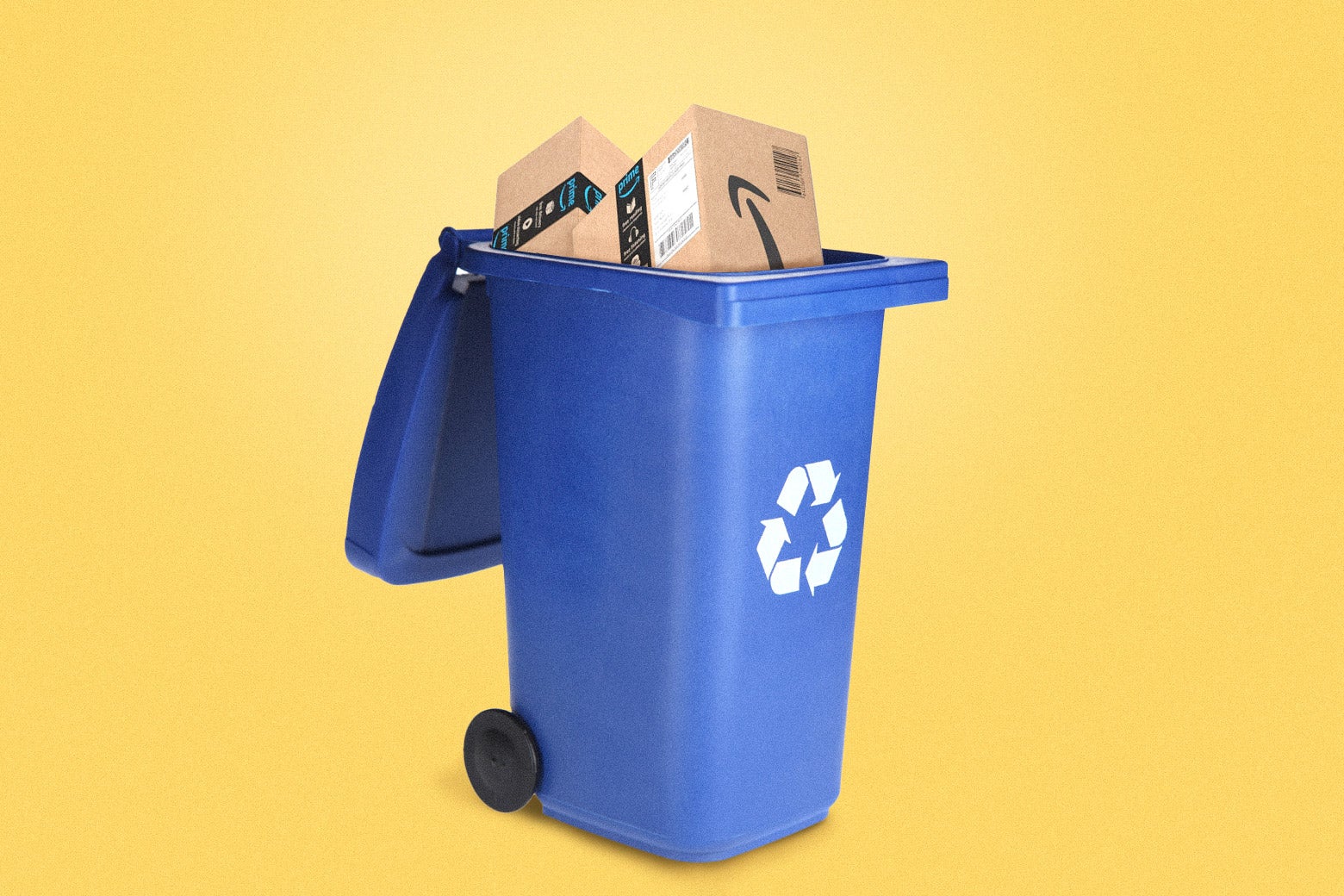- The author canceled their Amazon Prime subscription on a whim and realized they didn’t really need it.
- Leaving Prime meant slower shipping but the author was happy to wait and still found the selection and delivery speed satisfactory.
- Many people love Prime for its fast shipping and convenience, but some readers expressed ambivalence and considered canceling.
Archive link: https://archive.ph/3M27c



Anybody know more about this?:
I’ve heard the following sentiment & a similar stat over the years:
I can imagine a local shop owner sponsoring the local little league team… and I know the average hole-in-the-wall donut or phở restaurant owner won’t have a beach home, and I like they have the potential to make a decent bit of dough without college degrees… but perhaps somebody’s actually analyzed this?
This is my main point of conflict with shopping strictly on price. I do try to support local when possible. I’m price conscious of course, but community support is also important. Not all (or even many it seems) local businesses do support their communities but when I see it I make a note that they’re one of the local B&Ms I will buy from.
In summary, I think the statement is untestable because it’s so poorly confined. Basically it’s something that grumpy local business owners with poor value-propositions tend to say. One of those things that sounds like it ought to be true but doesn’t stand analysis.
For example, there might be a “local” store which doesn’t need many employees but sells products manufatured elsewhere. It’s a local store but most of your money is going elsewhere.
OTOH there might be a chain store that employs 100s of local people, and buys fresh produce from local farms. Not a local business owner but most of the money is benefiting your local community.
Additionally, local people own just as many shares in large chains as anyone else.
What an excellent point.
Have to get to know the business owners in your own community and figure it out yourself perhaps!
I suppose a study could figure out average impacts though, via random sampling? Not sure how my source had calculated it.
You mean our neighbors own stock of Wal-Mart so shopping there is beneficial that way?
Yeah, I think that saying shopping at Wal-Mart is “beneficial” might be a bit of a stretch, I just mean to say that when someone says “shop at a locally owned store so your money stays local” they’re really saying “shop in my store so I get your money”. What most people don’t realise is that their pension plan (called super in Australia, 401k or something in US?) probably owns a bunch of shares in Wal-Mart, so you may as well shop there if you’re a part owner.
I didn’t know donut or pho restaurants made their own dough. It probably varies by location, though. I’ve seen some donut places where the boxes of shipped ready to make product were stored where customers could see it. It blew my mind how much they had on hand in order to not run out.